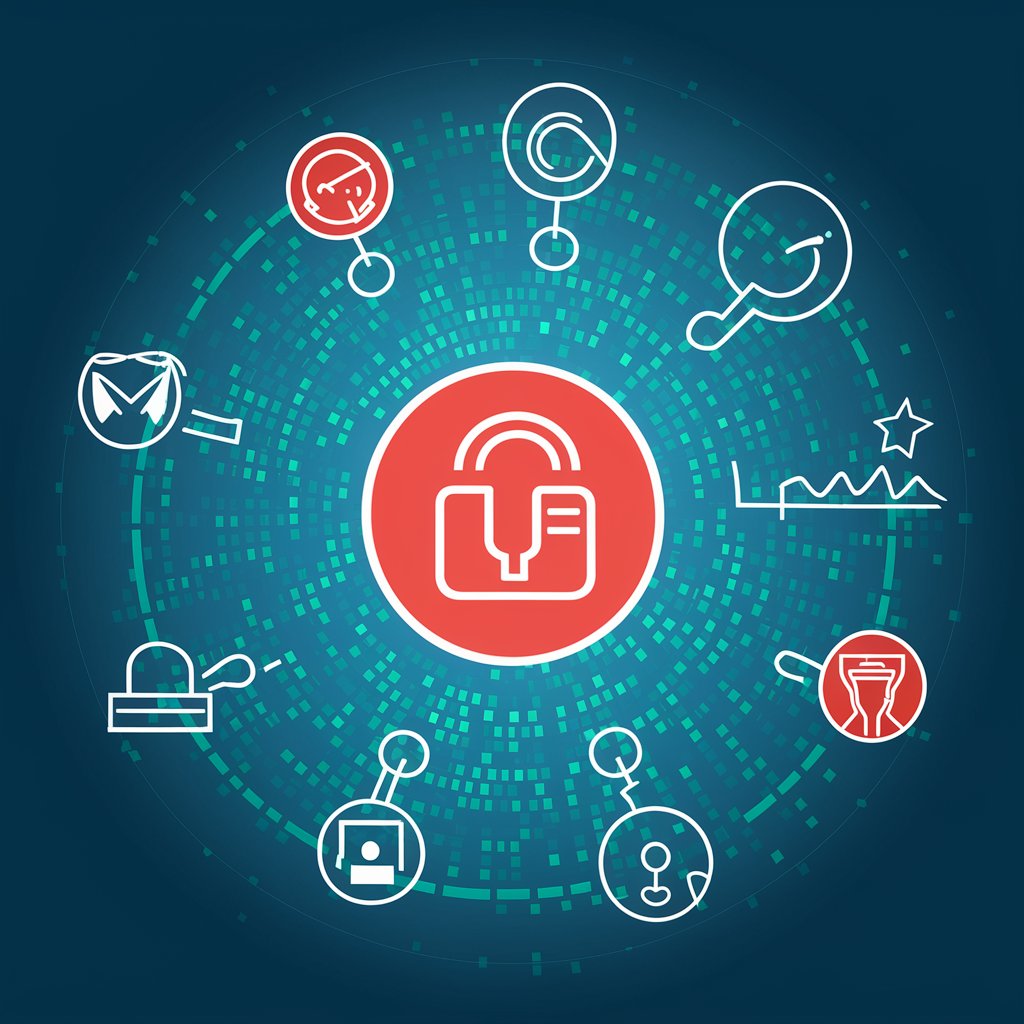What is Digital Marketing?
Key Components of Digital Marketing:
- Website Marketing: Creating and optimizing websites to attract visitors, provide valuable content, and convert leads into customers. This includes search engine optimization (SEO), content marketing, and user experience design.
- Social Media Marketing: Engaging with audiences on social media platforms like Facebook, Instagram, Twitter, and LinkedIn to build brand awareness, foster relationships, and drive traffic to websites.
- Search Engine Marketing (SEM): Using paid advertising campaigns on search engines like Google or Bing to appear prominently in search results and attract targeted traffic to websites.
- Email Marketing: Sending personalized emails to subscribers to nurture leads, deliver valuable content, and promote products or services. Email marketing campaigns can include newsletters, promotional offers, and automated drip sequences.
- Content Marketing: Creating and distributing valuable, relevant content such as blog posts, videos, infographics, or podcasts to attract and engage target audiences. Content marketing aims to educate, entertain, or inspire audiences while subtly promoting brand messaging.
- Mobile Marketing: Optimizing marketing efforts for mobile devices such as smartphones and tablets, including mobile-friendly websites, mobile apps, and location-based targeting.
Benefits of Digital Marketing:
- Reach: Digital marketing allows businesses to reach a global audience instantly, regardless of geographical boundaries.
- Targeting: With digital marketing, businesses can target specific demographics, interests, or behaviors to ensure their messages reach the right audience.
- Measurability: Digital marketing campaigns are highly measurable, allowing businesses to track performance metrics such as website traffic, conversion rates, and return on investment (ROI).
- Cost-Effectiveness: Compared to traditional marketing methods, digital marketing is often more cost-effective, allowing businesses to achieve greater results with smaller budgets.
- Flexibility: Digital marketing offers flexibility and agility, allowing businesses to quickly adapt their strategies based on real-time data and market trends.
Conclusion
In essence, digital marketing empowers businesses to connect with their target audiences, build brand awareness, drive engagement, and ultimately, achieve their business objectives in the digital age.



